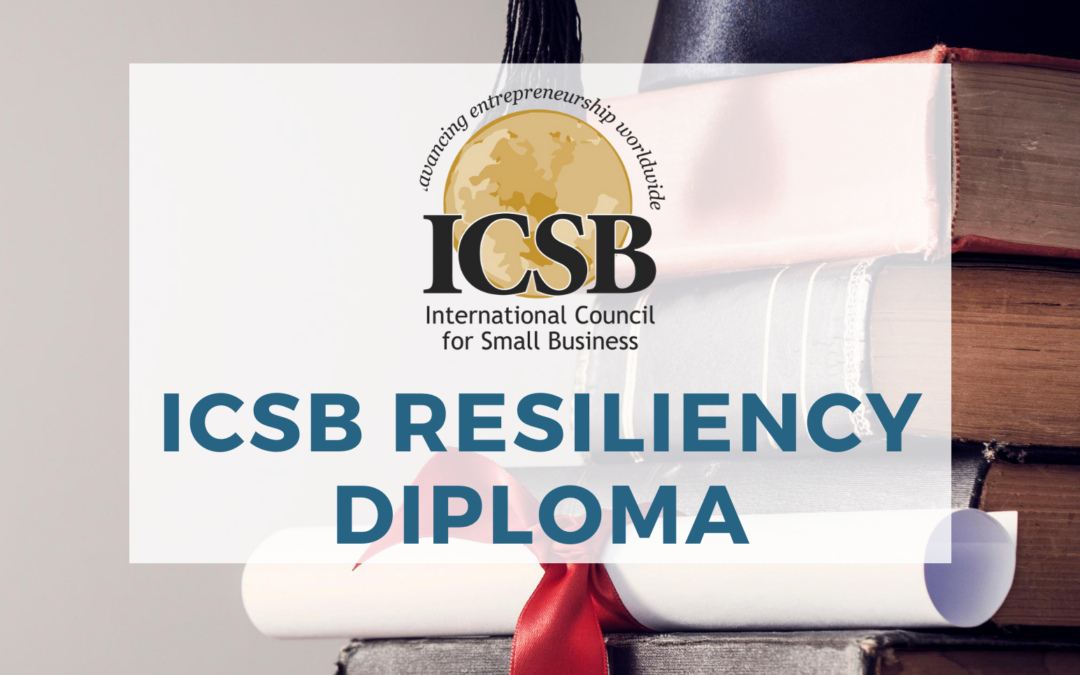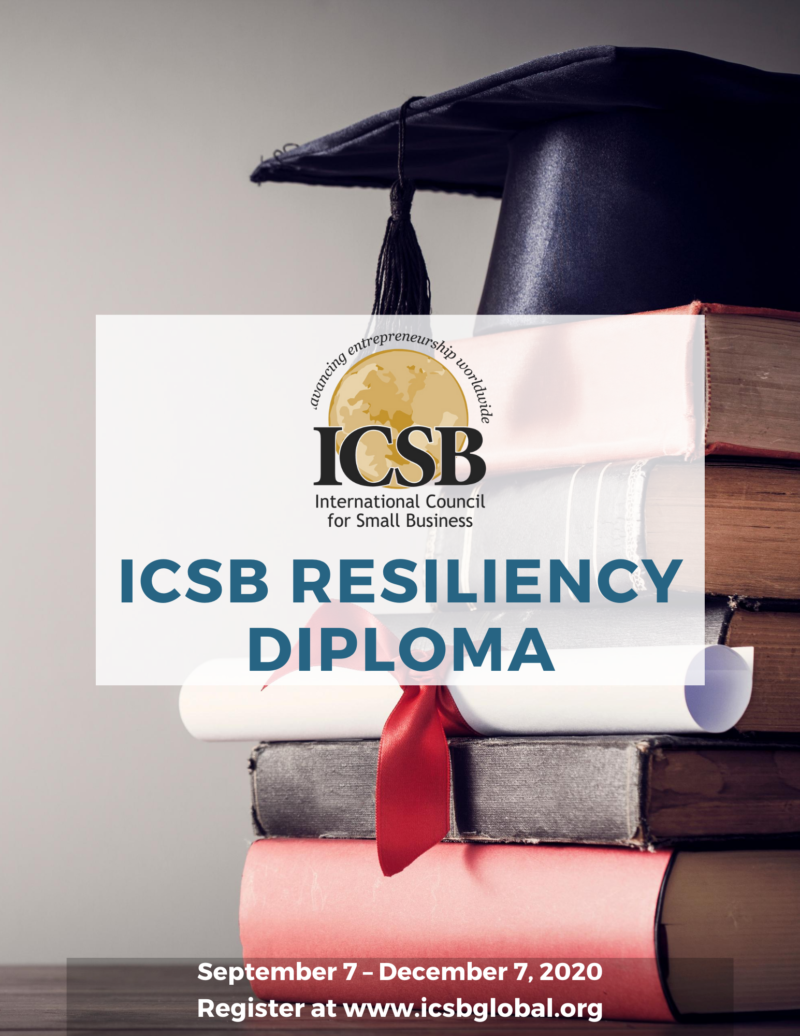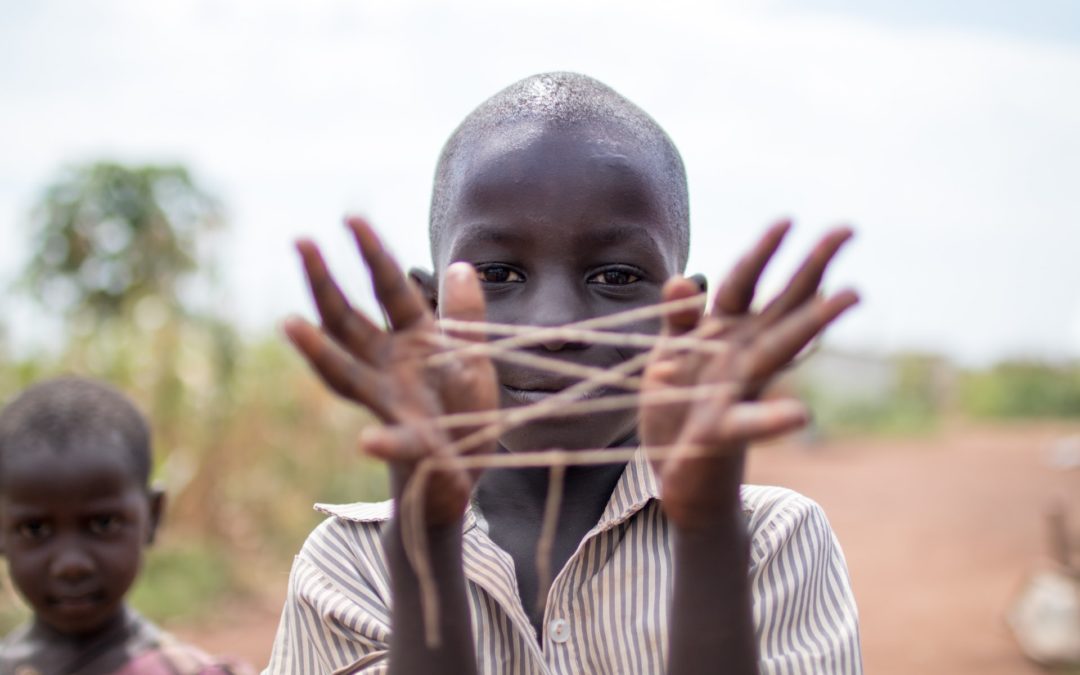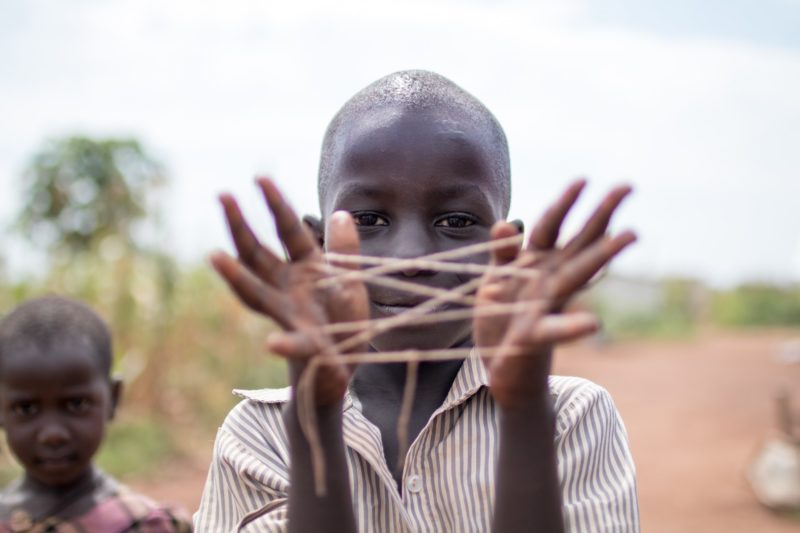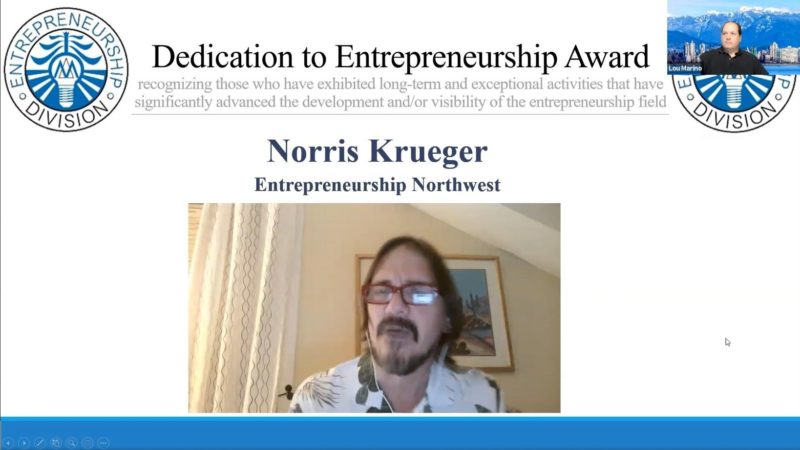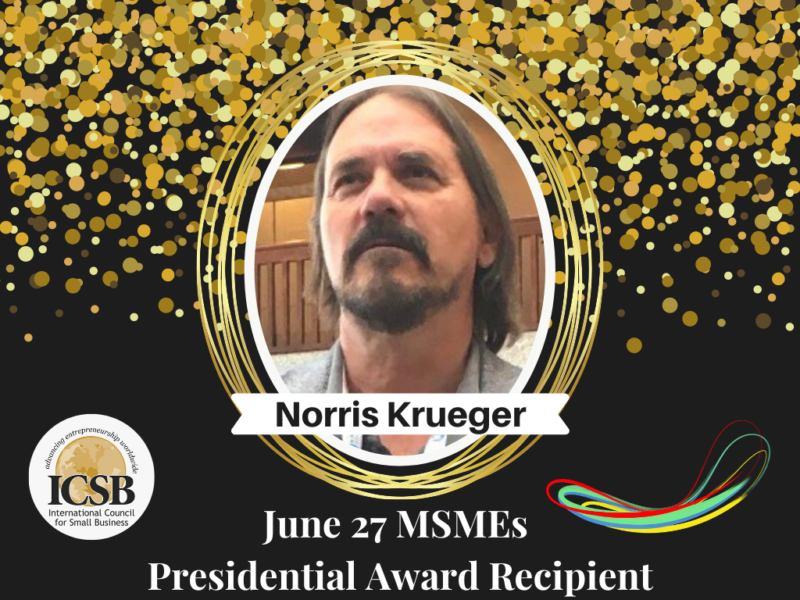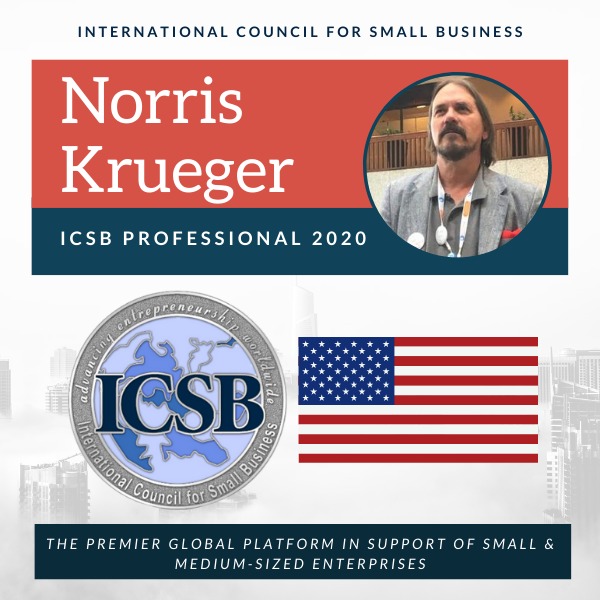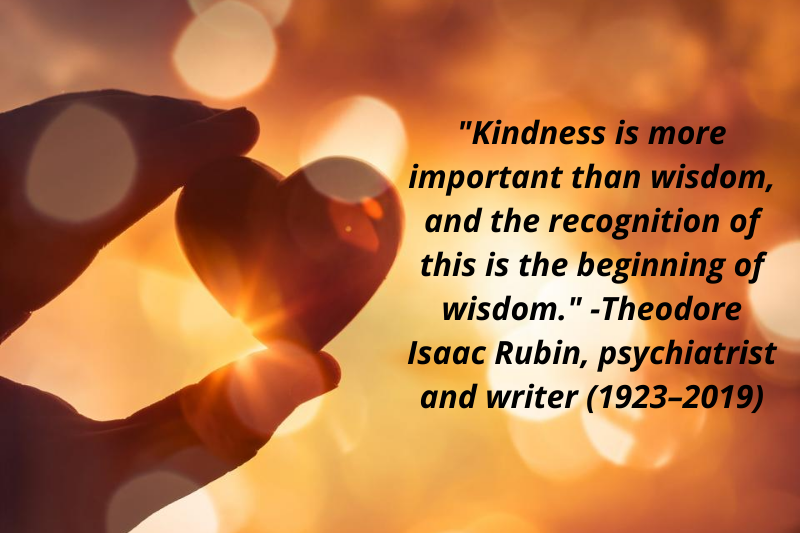
Humane Entrepreneurship in Action
Humane Entrepreneurship in Action
Saturday, August 29, 2020, by Ayman El Tarabishy
In guiding our actions towards Humane Entrepreneurship, we can be an organization that does not only preach about Humane Entrepreneurship but one that also practices it.
Following our reflection last week discussing the “End of the Status Quo,” we think it is time that we seriously share and discuss the steps that ICSB has and will continue to take as we endlessly strive towards a more humane-centered way of acting entrepreneurially in this world. Over the past couple of months, we have reflected upon the theory and practice of Humane Entrepreneurship. Now, it is time to move beyond thinking and imagining; now is the time to model Humane Entrepreneurship.
As promoters and upholders of Humane Entrepreneurship, what an excellent opportunity we have to exemplify the practice ourselves! Given the perspective-altering moments of the past couple months, ICSB has been able to genuinely narrow in on what is important to us as an organization, including our values, the organization’s sustainable practices, and our collective community. Flowing from this reflection, ICSB has worked to center all of our programmings around the interests of our members as well as new and pressing topics that we see as crucial to the formation of our community. We are centered around the human, being empathetically oriented to the whole person and not just the sliver of our members’ lives, which pertains to ICSB. We have attempted to curate an empowering environment, working consciously to open up opportunities to women and younger entrepreneurs. Enablement has and continues to develop as we formalize programs, bolster the ICSB Gazette, and continuously try to discover new and enticing opportunities for our members. ICSB models the equitable work of Humane Entrepreneurship as we provide discounts for members from developing nations, ensuring that all voices are brought to the table, and work to promote MSMEs for the achievement of the United Nations Sustainable Development Goals.
As we are continually attempting to show up as our best selves for this community, we recognize that we have a way to go to reach the peak of the Ideal orientation for our Humane Entrepreneurship categorization. Reaching for this Ideal status, at ICSB, we are focusing on ways that we can formalize our desire to promote a human-focused conscious while creating sustainable patterns of growth. It is from this place of discovery; we have created the ICSB Resiliency program.
This program focuses on supporting the individual. It combines ICSB’s top-level programs into one calendar and cost so that you can fully engage with the learning available to you. Finishing with an ICSB diploma and a heightened understanding of your entrepreneurial interests, this formal connection to ICSB offers and opens clear pathways of communication with ICSB leadership, which will be ever more critical as you become be a vital role in leading the ICSB community as well as the local community to the 2021 ICSB World Congress in Paris.
Being the first of its kind, the ICBS World Congress will bring Humane Entrepreneurship to “l’Exposition Universelle,” so that entrepreneurship and SMEs can take the lead in ushering the world into peace, prosperity, and happiness. This event works innovatively and creatively to bring together all voices throughout the field of entrepreneurship so that we can pull down the unnecessary walls that keep communication and support at a distance from the people that need it the most. In moving into Humane Entrepreneurship, we are building a resilient community that can succeed no matter the circumstances.
We look forward to you joining us on this journey to and with Humane Entrepreneurship. ICSB recognizes the necessity to both offer and realizes a humane-entrepreneurial orientation (H-EO), meaning that we are concurrently advocating and partaking in the widespread adoption of HumEnt. In knowing that “large-scale organizational performance effects are more likely to occur as a result of shared cultural values and beliefs that are accepted by organization members,” we must work individually for the greater collective. In guiding our actions towards HumEnt, we can be an organization that does not only preach about Humane Entrepreneurship but one that also practices it.
References:
Kim, K., A. El Tarabishy, Z. Bae (2018). “Humane Entrepreneurship: How Focusing on People Can Drive a New Era of Wealth and Quality Job Creation in a Sustainable World,” Journal of Small Business Management 56(S1), 10–29.
Article by:
Dr. Ayman El Tarabishy
President & CEO, ICSB
Deputy Chair, Department of Management, GW School of Business


